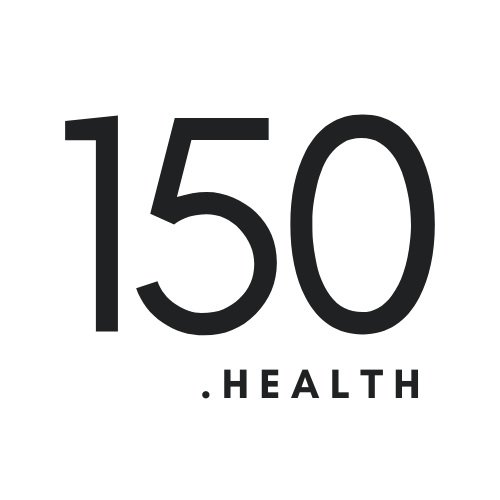Two Worlds - Is the Longevity Hype for Everyone?
I was at the Wired Health event a few months ago, engrossed in the fascinating presentation by Professor Tim Spector on microbiome and nutrition when my phone rang. This was the third time my mom had rung me that morning. It was rather unusual for her to call me given that she is usually at work around that time. I was just about to excuse myself to get the call when I saw a message from her. My heart sank immediately, I knew it wasn’t good news.
My aunt, the mother of my cousins, had passed away at age 54 from kidney disease. It wasn’t unexpected as she was sick for a while, but a wave of grief hit me when I was least prepared for it. It took me a few minutes to realize that my cousins had just been orphaned, having lost both parents to what would be considered manageable diseases in this part of the world. My aunt passed away from years of neglect as a Type-2 diabetes patient, and my uncle passed away from an undiagnosed case of meningitis. Much like the rest of my extended family both my aunt and uncle lived in a small village in Nepal where I was born. A beautiful village located an hour away from the closest city, and also from its closest hospital.
I fought a knot in my throat and tears welled up in my eyes, but I tried to compose myself by shifting my focus to the rest of the event. I thought I could distract myself by being present and delaying my grief. But as I tried to bring my attention back to the remaining talks, I realized that in merely a few minutes my perspective had completely changed. It felt almost ironic to be listening to a conversation on developing non-invasive technology for measuring blood sugar spikes on the day I lost my aunt who didn’t have regular access to something as essential as a dialysis treatment.
In the coming days as I allowed grief to settle in, I wondered if my aunt would have lived longer if she was living in the capital city, like my parents.
I often think that I belong to two worlds, one where I am a part of a team of longevity experts who ensure that my everyday conversations revolve around how we can live to our fullest and best potential, and the other is a world many miles away from the UK, where health anxiety around the most basic ailments is an everyday reality. On days when I read up about the most fascinating research on nutritional advice around managing insulin resistance and preventing Type 2 diabetes, I am reminded immediately of the circumstances under which my father was diagnosed with the same - a few years after taking out a crushing home loan.
Anywhere in the world, barriers to longevity depend not just on lack of access, awareness and management of diseases like Type-2 diabetes, but also conditions in which people are born, work, live and age. With poverty, stress, lack of sleep, lack of access to fresh and nutritious food and the time and space to exercise, longevity becomes a far more alien concept. I am glad that researchers studying Type 2 diabetes are finally coming to the bold conclusion that ‘’there is no device, no drug powerful enough to counter the effects of poverty, pollution, stress, a broken food system, cities that are hard to navigate on foot and inequitable access to health care, particularly in minority communities.’
This of course isn’t just a reality of the developing world, as life expectancy of the poor in the US becomes increasingly comparable to those living in Sudan, or Pakistan for example. However, it is a larger issue of a new era where personalized medicine and all the wonderful innovations around it coincide with crushing inequality.
I am still truly fascinated by the concept of longevity, of being able to meaningfully increase health span. In my job I am committed to communicate and amplify the amazing work done by scientists, researchers and practitioners in this field. However, we can only achieve any of the above-mentioned goals when we recognize that longevity is a product not just of individual efforts and lifestyle design, of personal biology and nutrition, but also race, caste, ethnicity, work, welfare and above all - healthcare. The WHO Constitution envisages that the highest attainable standard of health is a fundamental right of every human being. As research, funding and interest around longevity continue to expand and fascinate us, and we make strides towards living longer and healthier lives, we might want to ask ourselves which one of us, or ours are getting left behind.

